Country Tyme Sheds
Frequently Asked Questions

A shed is a small, simple structure typically used for storage purposes. It is often built in a backyard or garden area and provides extra space to store tools, gardening equipment, bicycles, or other items.
The size of the shed you need depends on your intended use and the available space. Consider what items you plan to store and how much additional space you may require in the future. Measure the area where you intend to install the shed and choose a size that fits comfortably within that space.
The requirement for a building permit varies depending on your location, the size of the shed, and local building codes. In some areas, sheds under a certain size may not require a permit, while larger sheds or those with electrical or plumbing installations may need approval. It’s advisable to check with your local building authority to determine the specific regulations in your area.
There are various types of sheds to suit different needs. Common shed types include garden sheds, elite sheds, backyard sheds, keystone sheds, and poolhouses. Each type is designed with specific features and functionalities.
Sheds can be constructed from different materials, including wood, metal, and vinyl. Each material has its own advantages and considerations. Wood sheds are aesthetically pleasing and customizable, while metal sheds are durable and low-maintenance. Vinyl sheds are weather-resistant and often require minimal upkeep.
Yes, sheds can often be customized to suit your preferences and needs. You can choose from a range of design options, such as window styles, door placements, roof types, colors, and additional features like shelves or workbenches. We offer shed customizations to help you create a shed that meets your exact requirements.
Proper maintenance will prolong the life of your shed. Regularly inspect the shed for any signs of damage, such as leaks or rot, and address them promptly. Clean the shed periodically, removing debris and ensuring good airflow. Depending on the shed material, you may need to apply protective coatings, sealants, or paint to maintain its appearance and durability.
The lifespan of a shed depends on several factors, including the quality of materials used, construction methods, and regular maintenance. Well-built sheds with proper maintenance can last anywhere from 10 to 30 years or more. Choosing a shed from a reputable manufacturer and following their recommended care instructions can help ensure its longevity.
Yes, it is possible to install electricity or plumbing in a shed, but it depends on various factors such as the size of the shed, local building codes, and safety considerations. If you plan to add electrical or plumbing fixtures, it is advisable to consult with a licensed electrician or plumber who can ensure the proper installation and compliance with regulations.
The ease of relocating a shed depends on its construction and size. Some sheds are designed for easy disassembly and relocation, while others may require more effort. If you anticipate the need to move your shed in the future, consider modular or portable shed options that are specifically designed for convenient transportation.
If you are looking for a shed in Lancaster, PA. You can visit our sheds page and find the design that fits your needs and request a quote. But if you are looking for a shed builder anywhere else It’s important to research different suppliers, compare prices, read customer reviews, and consider factors such as warranty, delivery options, and installation services before making a purchase.
In some cases, sheds can be converted into living or working spaces, commonly known as “shed conversions.” However, the feasibility of such a conversion depends on several factors, including the size of the shed, local zoning regulations, and building codes. It may require additional insulation, ventilation, wiring, and plumbing to meet the necessary requirements. Before proceeding with a shed conversion, it is recommended to consult with local authorities or professionals to ensure compliance with applicable regulations and safety standards.
